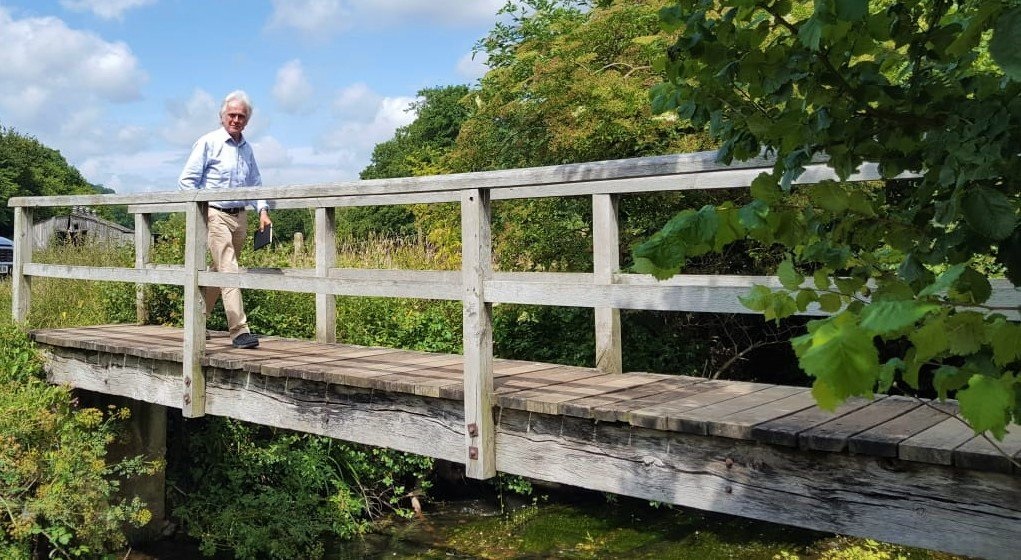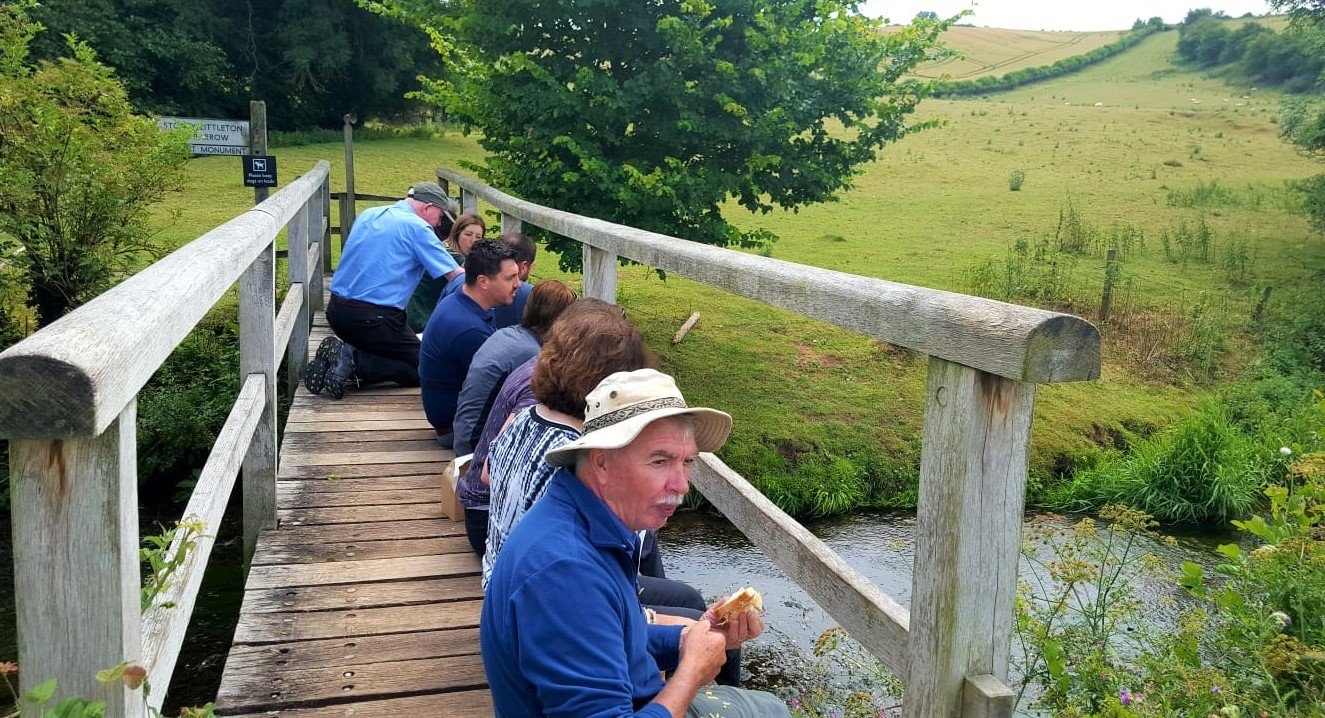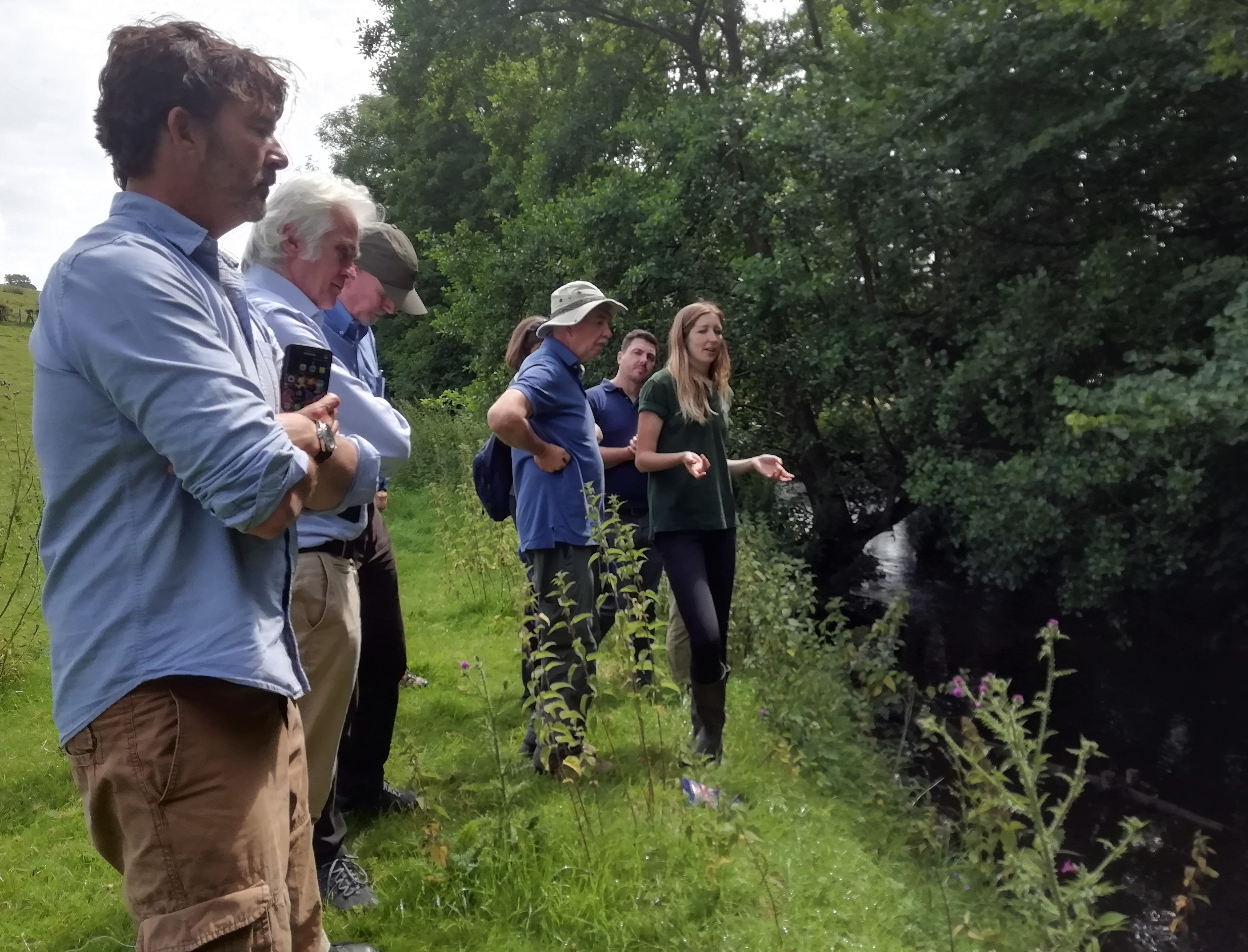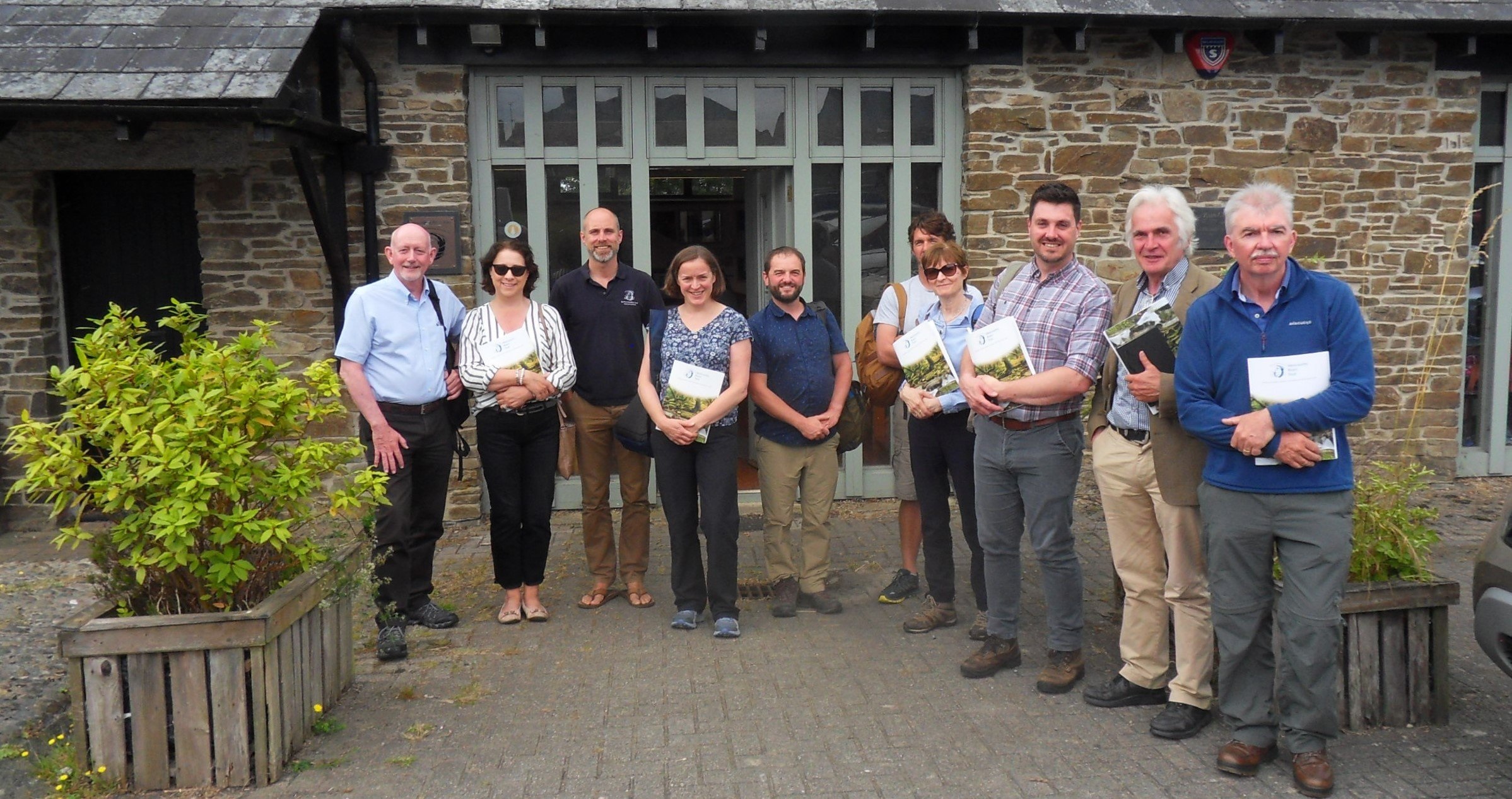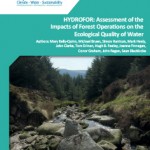Rivers trusts are charities, established by local people to look…
The growth of The Rivers Trust movement on the island of Ireland
Mark Horton from The Rivers Trust tells us how there are now ten rivers trusts in the Republic of Ireland, and a further seven in Northern Ireland, covering almost a quarter of the land on the island of Ireland.
Rivers trusts are community-led charities started by local people to care for their local rivers. They concentrate on delivering practical improvements for their rivers, get involved in education, flora, fauna, fisheries, biodiversity, habitat, access, pollution and any other issues that impact their river catchment, such as climate change, acid rain, litter and underlying social problems leading to environmental decline.
Over the past 12 months The Rivers Trust family in Ireland has grown from strength to strength. There are now 10 trusts stretching from northwest Donegal to southeast Wexford. There are a further seven rivers trusts in Northern Ireland, two of which in the Erne and the Blackwater (Ulster) river catchments are crossborder rivers trusts, bringing the total number of rivers trusts on the island of Ireland to 17. As catchment-based organisations they collectively cover an area equivalent to about a quarter of the landmass of the island of Ireland and cover thousands of kilometres of rivers and streams.

The most recent trust to form is the East Wicklow Rivers Trust. Its area of interest stretches from Bray in the north to Arklow in the south and encompassing a diverse range of river types and habitats. The Trust had its official launch on 8 May on the banks of the Vartry River where guests not only got to hear about the Trust’s plans, but got to get their hands wet, with Professor Ken Whelan leading a freshwater mini-beast hunt and introducing everyone to the wonders of the world beneath the ripples of the river.
Although almost all the Irish rivers trusts have formed over the last few years, they are already undertaking projects tackling a wide range of catchment issues.
In County Donegal, Inishowen Rivers Trust is leading on a pilot project of national significance. Following the devastating flooding in August 2017, the Trust has been working with the local community to identify opportunities for implementing natural flood management measures that could help slow the flow of water from the land, retain water where it is useful in the landscape and provide added benefits for wildlife and people. This work is being undertaken with help from Professor Mary Bourke, Trinity College Dublin, who is carrying out a study into possible options for implementing natural water retention measures in the area. The study is titled ‘Natural Water Retention Measures in Inishowen – Community Engagement and Development of Strategic Plan’ and is funded through a grant from the Office of Public Works.
Maigue Rivers Trust have been working with their local community to help tackle the scourge of Giant Hogweed, an invasive plant from the western Caucasus region of Eurasia. The plant outcompetes native riverbank flora, creating a monoculture that dies back during winter leaving riverbanks bare and prone to erosion. In the summer the sap from the plant can cause sever blistering of the skin posing a threat to human health. The Trust has worked closely with the Ballyhoura Development CLG using funding from Local Agenda 21, the Heritage Council and the Salmon Conservation Fund to train up members of a Rural Social Scheme in invasive plant identification and control and in the safe use of pesticides. Giant Hogweed along a 12km stretch of the banks of the River Loobagh from Ballingaddy to the confluence with the Maigue has been treated each year since spring 2016 and already there has been a significant decrease in the amount of Giant Hogweed in the catchment.
In County Mayo, the River Moy Trust has secured funding to work with the farming community to look at reducing livestock access the river. It is working one-to-one with landowners to identify areas where livestock exclusion fencing can be erected to protect the riverbanks from erosion and where cattle-operated pasture pumps can be installed to offer alternative drinking water sources, providing benefit to both the river and the landowner.
Other rivers trusts are currently running or planning to deliver training programmes for the public to engage people in citizen science and hands on river conservation work. Education projects in schools focusing attention on our precious freshwater environment and its wildlife are also top of the agenda for trusts up and down the country. These are just a few examples of some of the great work river trusts are doing in Ireland.
Lean more:
The establishment and work of rivers trusts in Ireland is supported by Mark Horton the All-Ireland Director of The Rivers Trust and the Chief Executive of Ballinderry Rivers Trust in Northern Ireland. Mark works very closely with the Local Authority Waters Programme whose team of 12 Community Water Officers and over 30 Catchment Scientists are liaising with rivers trusts and like-minded groups to increase capacity, knowledge sharing and collaboration opportunities on water quality improvement projects and community engagement.You can contact Mark Horton on 00 44 7572 287509 or email mark@theriverstrust.org


